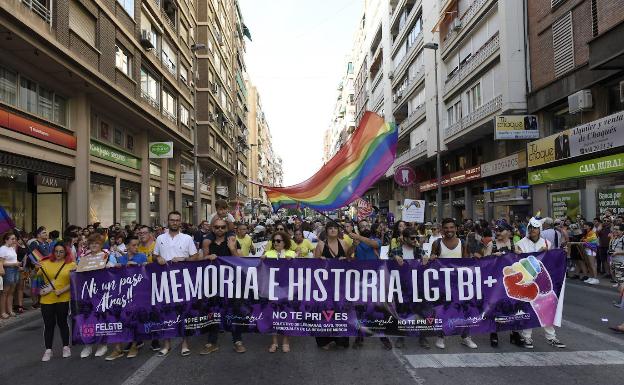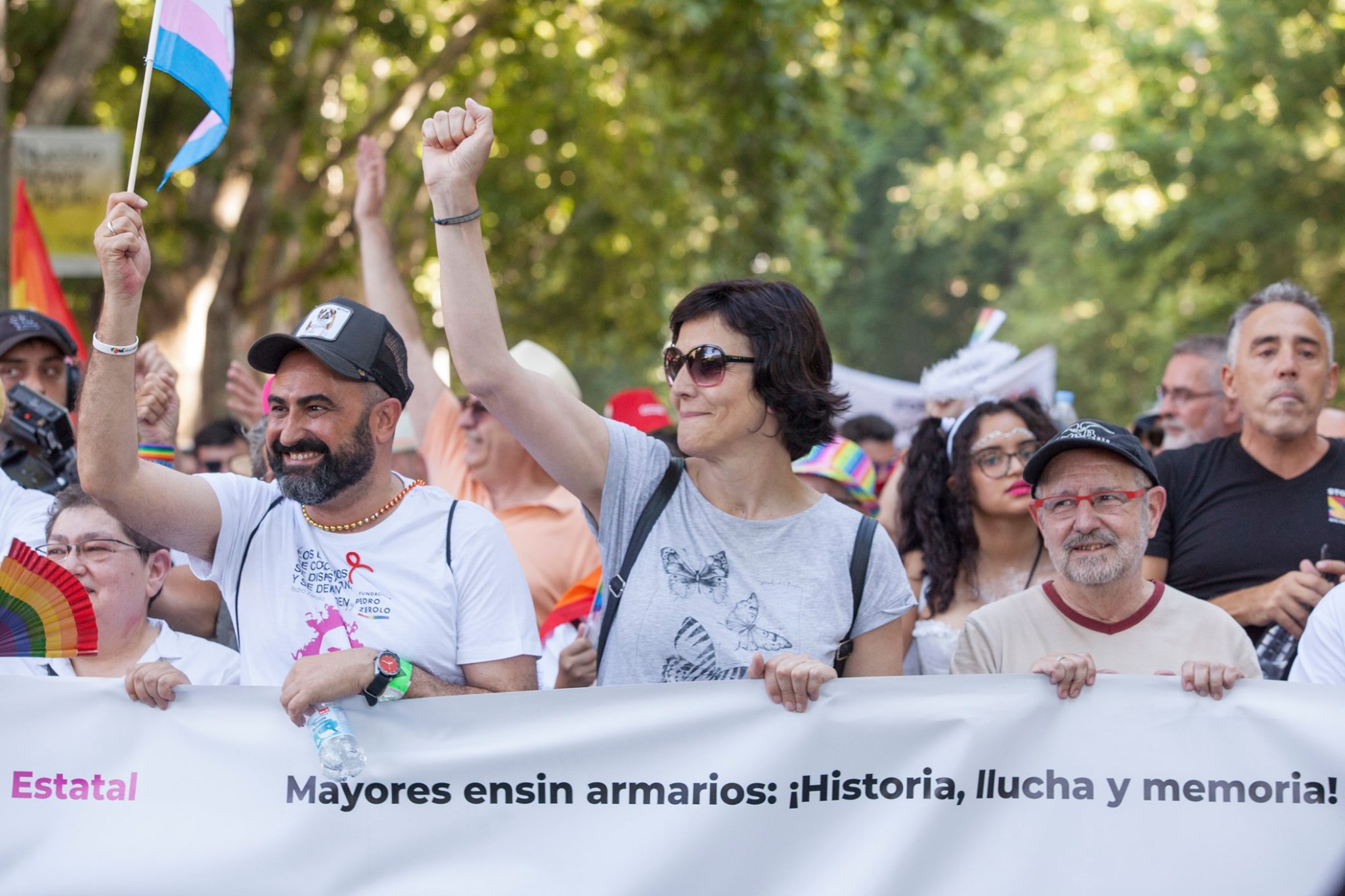What does it mean to be ‘trans’? Can I like girls and boys? Can two girls kiss? These are questions that many adolescents ask themselves, and have the “right, regardless of the opinion of their families,” to receive an answer that respects diversity and their dignity, avoids homophobia and guarantees “non-discrimination.”
This is the viewpoint of the State Federation of Lesbians, Gays, Bisexuals and Transsexuals (Felgtb) in a campaign that they label ‘They have the right to know’. It is especially aimed at the governments in the Region of Murcia and Andalusia, two communities in which Vox intends to introduce the so-called ‘parental pin’ so that students can only participate in sexual affective education talks with the express consent of their parents.
The Felgtb has warned the Departments of Education in Murcia and Andalusia that “they have an obligation to ensure that all students receive training in diversity”, as well as “being protected from possible family violence or denial of access to information motivated by LGTBiFobia »
In the Murcia Region, the Felgtb campaign is promoted by No Te Prives, which insists that the law, establishes “the obligation for public authorities to adopt educational measures to combat discrimination and violence suffered by children and adolescents, in addition to guaranteeing the full development of personality and training in values”. No Prives requires the Ministry “to withdraw, immediately, the order of instruction at the beginning of the course that establishes the obligation for families to give their consent for students to attend training in LGTBi diversity”.
According to Jesús Costa, president of No Te Prives, “the intention of this action is to remind the public authorities of their obligation to comply with and defend the current legislation on education, and to dispel any doubts that may arise as a result of the sensational campaigns promoted by organizations and political parties that do not share constitutional values”.
Costa defends that “education is a right of minors, not a privilege of families. Just as students have the right to be trained in mathematics, English or road safety, they have the right to be trained in affective-sexual, family and gender education”.






